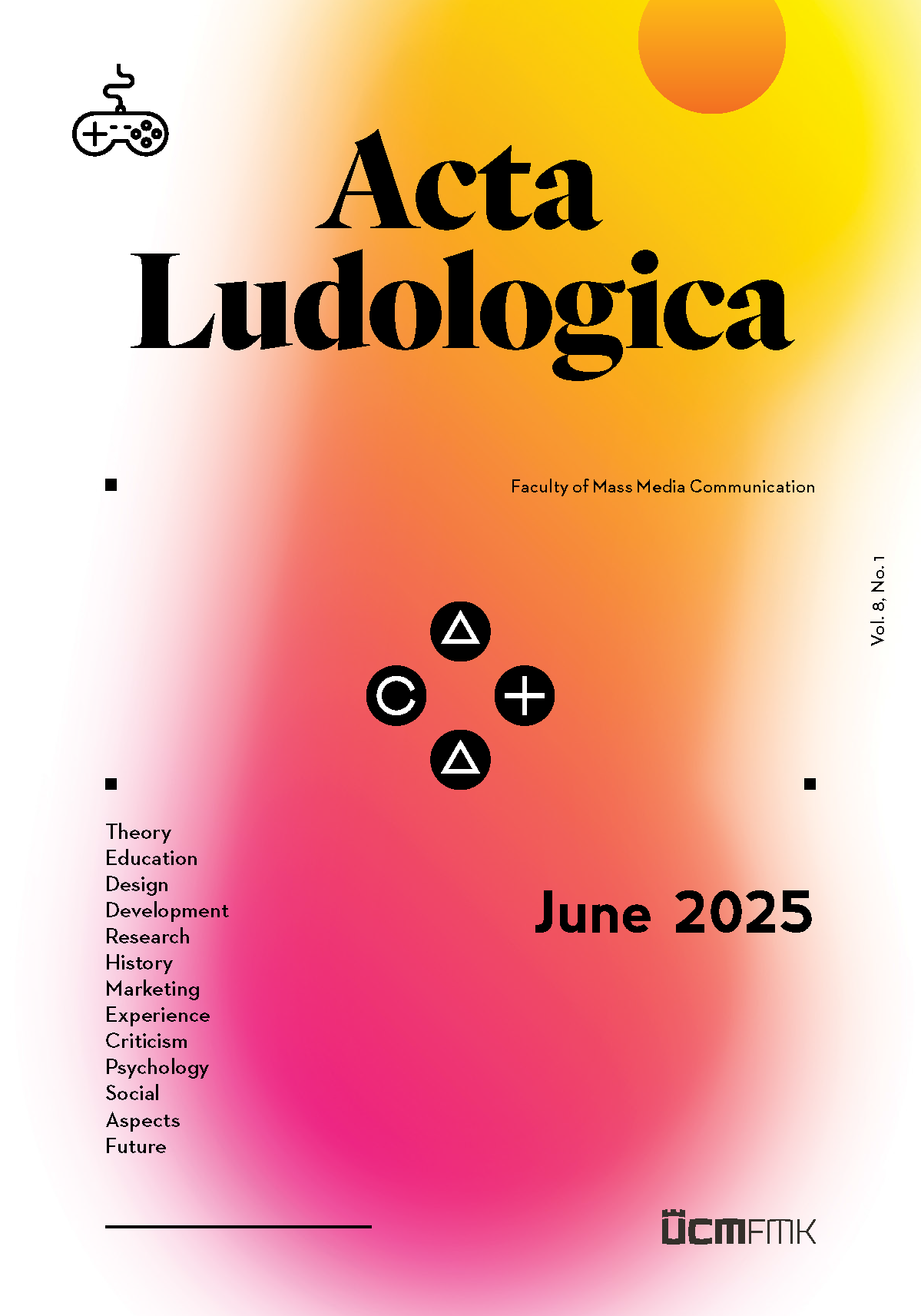Aaron Oldenburg
ABSTRACT:
This article discusses walking simulators and self-playing games in the context of the spiritual practice of death meditations. It explores states of mind that walking simulators may have the ability to provoke and how these can be furthered through automation. Although the focus is on potential benefits of a niche approach to game design, the article also discusses ways that this form of experimentation illuminates elements of mainstream games. The author discusses the process and design choices involved in creating their own self-playing walking simulator. Work is analysed in AAA and indie games, including Death Stranding and Proteus, as well as contemporary art, including the work of Ian Cheng, in the context of walking and death meditation. The article draws from game design theory and philosophy in exploring the arguments for specific experiential aspects of walking simulators and self-playing games. The benefits of games and other walking-focused artwork provoking meditations on death are argued from the perspectives of psychology and spirituality. It looks at the theme of death meditation from an individual as well as collective/environmental perspective.
KEY WORDS:
AI, automation, death, meditation, procedural, simulator, spirituality, walking.
DOI:
10.34135/actaludologica.2024-7-2.94-108
View full article

